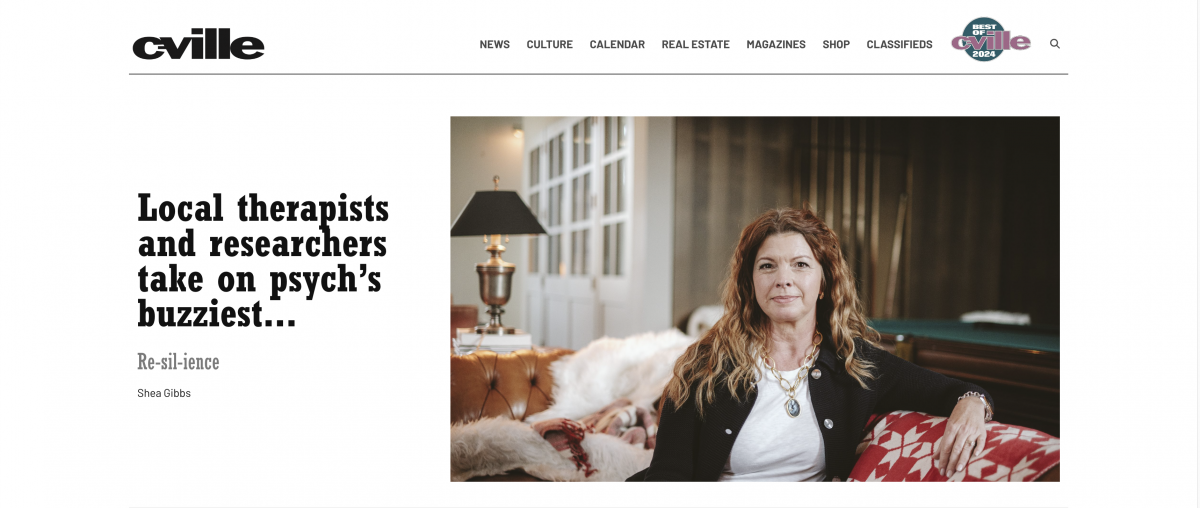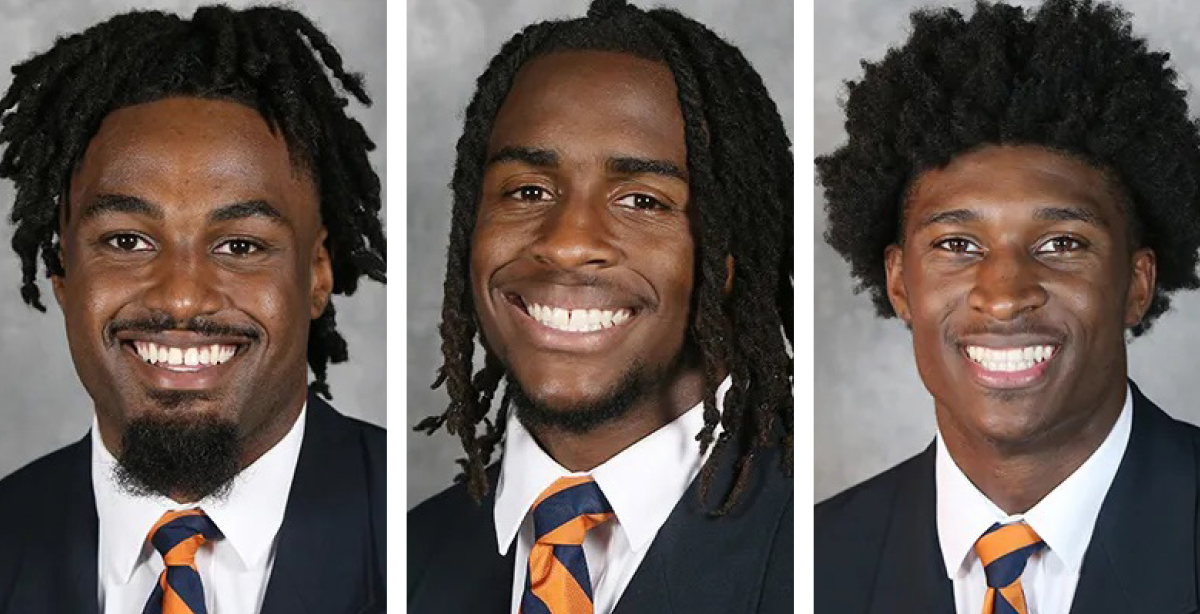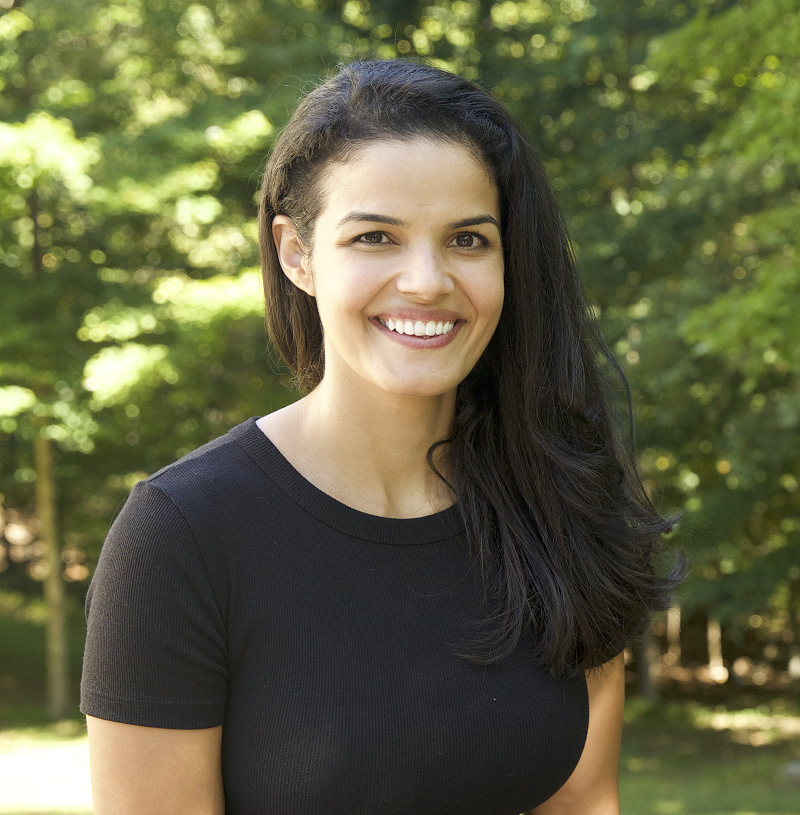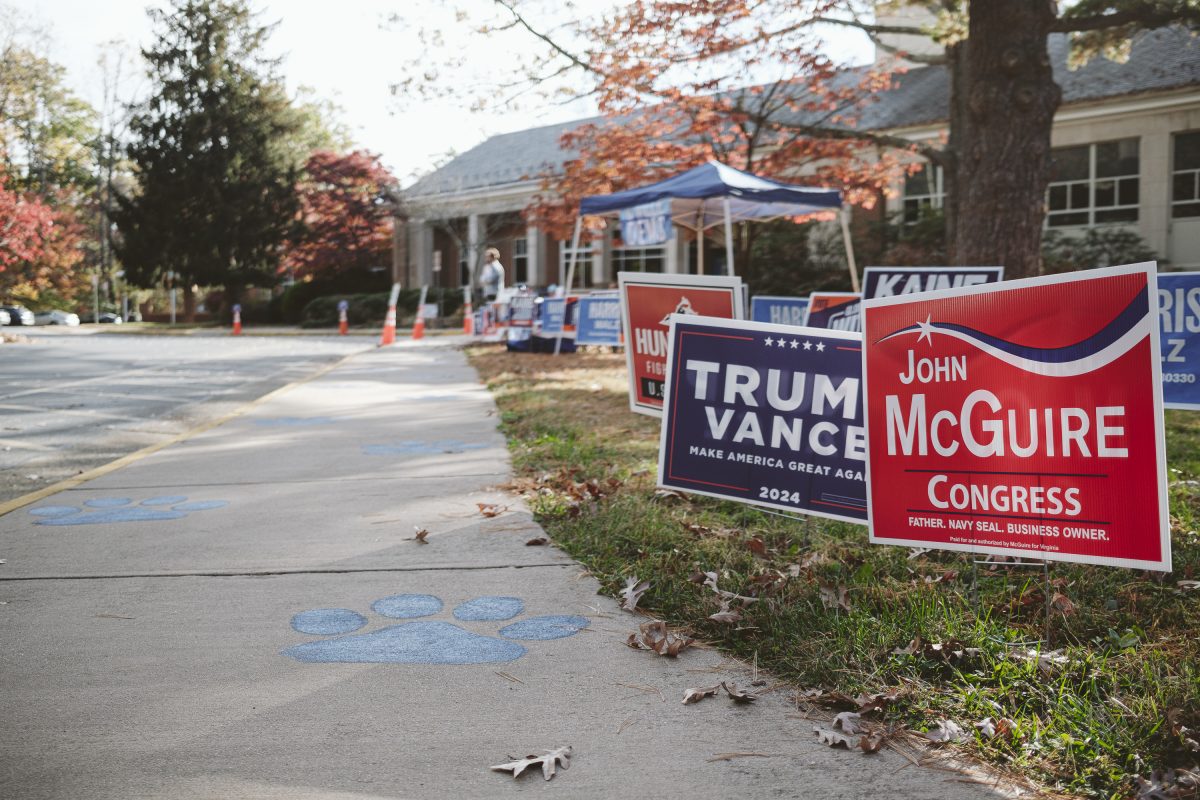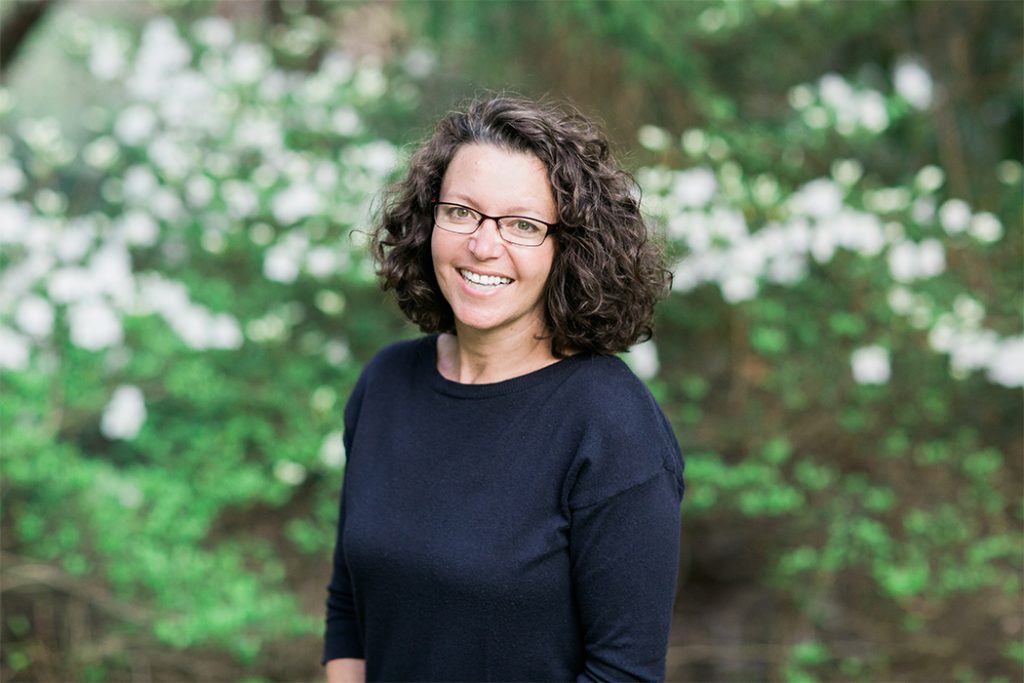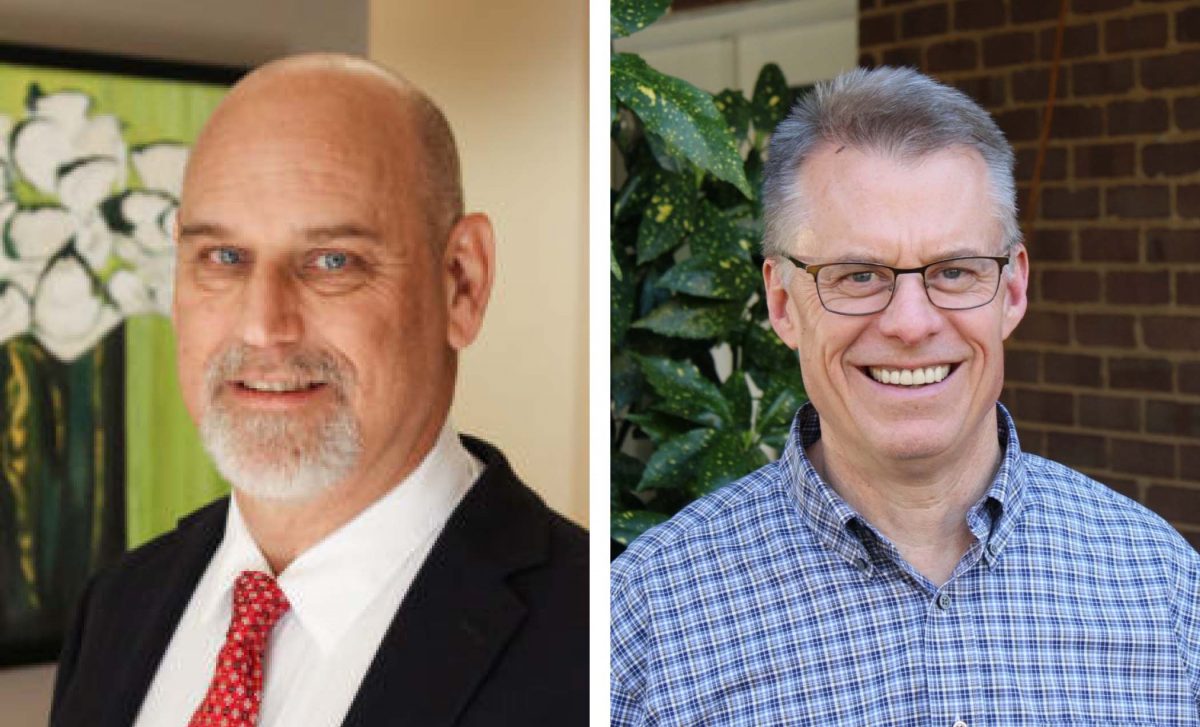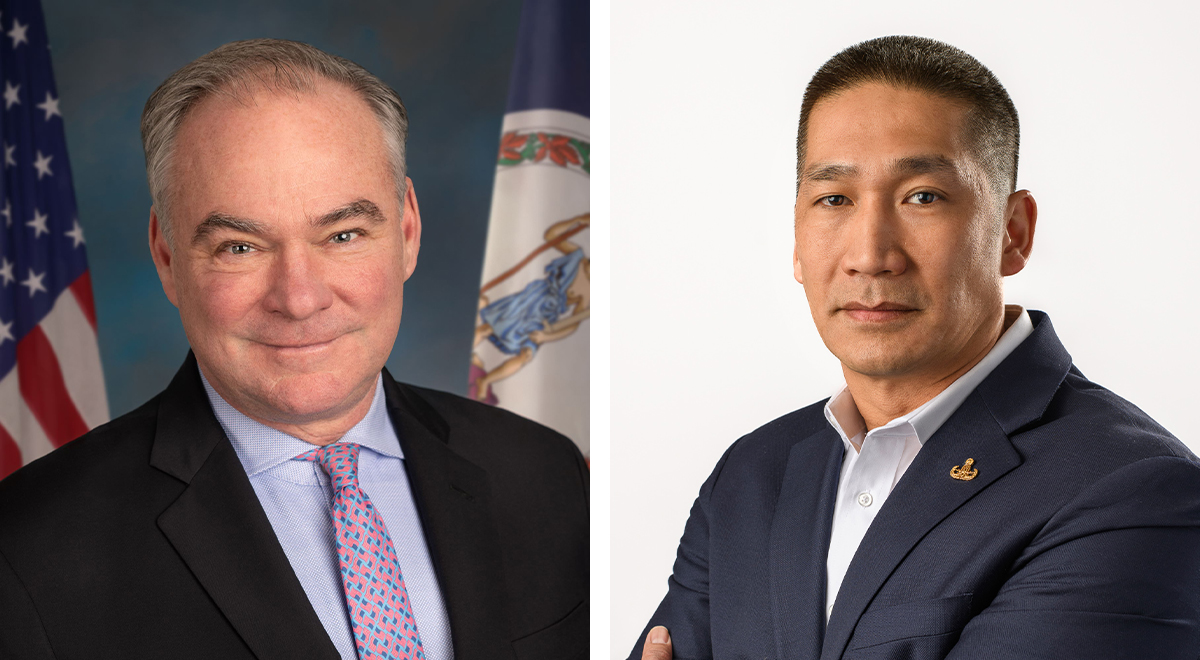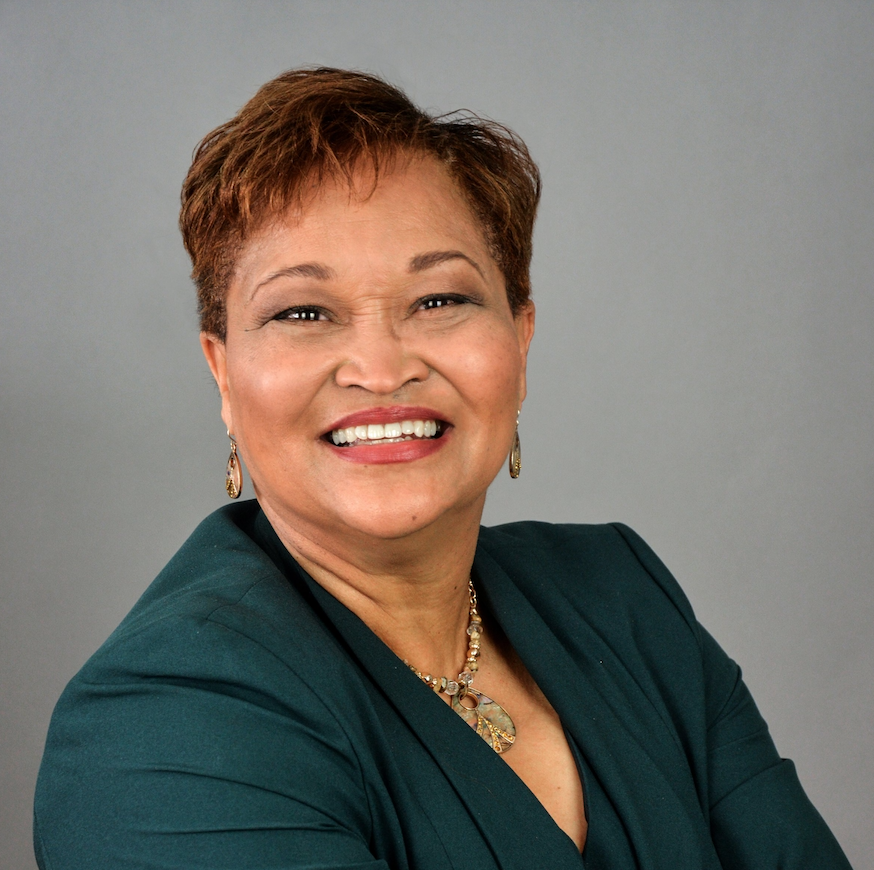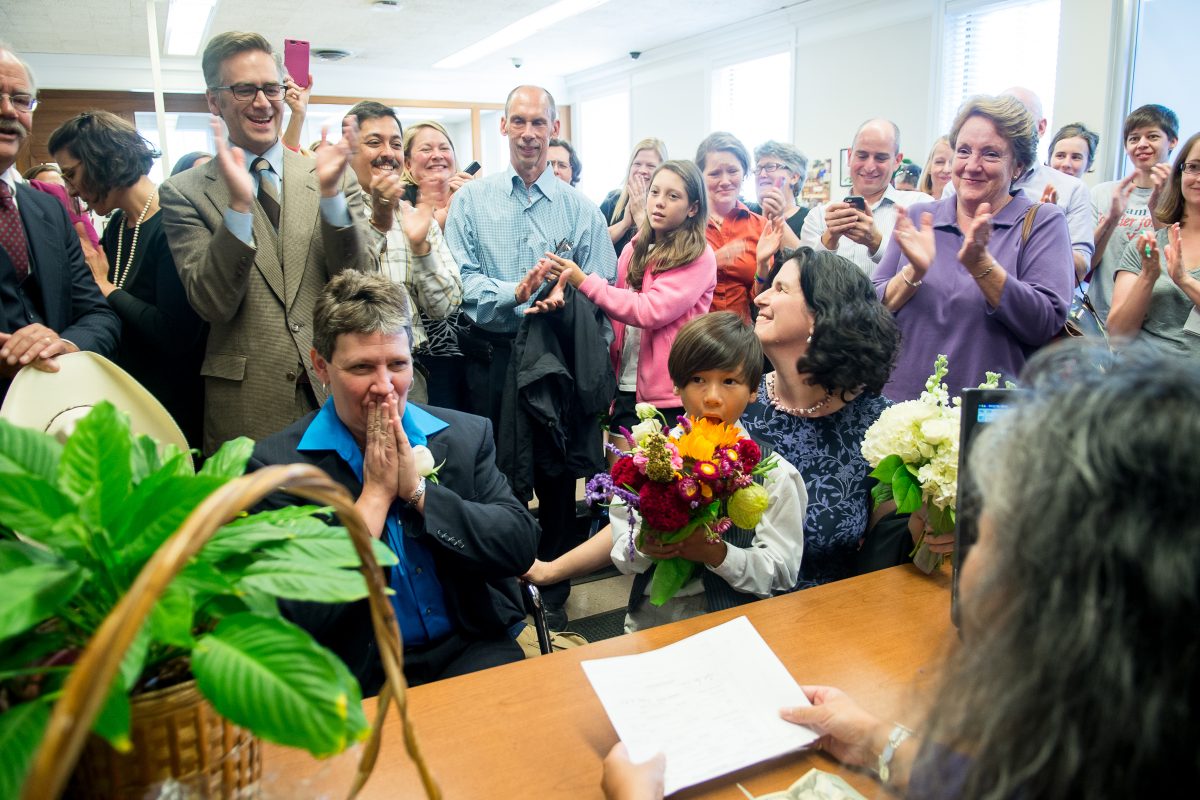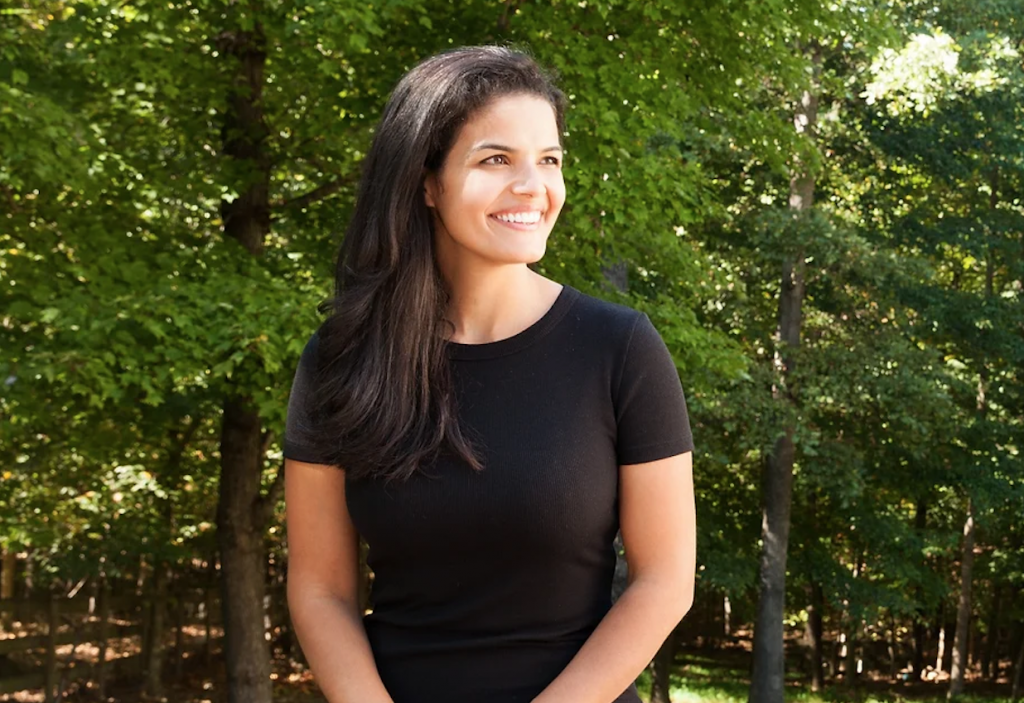With this issue, C-VILLE wraps up its 2024 news coverage. What follows is a glimpse at our top news stories of the year, according to Google Analytics.
Big changes in the works at Dairy Market
September 4 A popular topic for C-VILLE readers (it made our top 10 list in 2023, too), changes at Dairy Market was our most-viewed news story of 2024. Specifically, the mass exodus of restaurants from the food hall. While some of the market’s future plans have come to fruition (including the much-anticipated free parking), more new vendors are expected in the coming months.
Updates on the construction and detours at Hydraulic Road and Route 29
July 17 Construction stories were top of mind for many this year, with more than 2,700 viewers checking our online update of the Virginia Department of Transportation’s work on Hydraulic Road and Route 29. VDOT Project Manager Will Stowe recently told us he does not have data yet, but notes anecdotally, “We still occasionally see some confusion from drivers at the [Hydraulic Road] roundabout, but drivers are getting the hang of it.”
Tim Kaine and Hung Cao talk policy and priorities
October 30 Ahead of Election Day, C-VILLE swapped emails with longtime Virginia Sen. Tim Kaine and challenger Hung Cao about their respective platforms. Kaine won his third U.S. Senate term by a margin of 8.2 percent. In a weird update, the Associated Press shows only 96 percent of precincts reporting results at the time of this writing (December 12).
UVA frat expelled, others suspended
May 1 Written by C-VILLE contributor Matt Dhillon, this story recapped the (then) latest on fraternities in hot water following a hazing investigation. Since the expulsion of Pi Kappa Alpha in April, two more fraternities have had their fraternal charters terminated: Kappa Sigma and Theta Chi. Sigma Alpha Mu’s suspension is set to expire on January 5, just before the start of rush.
Quirk Hotel to undergo rebrand following $24 million sale
May 8 The former Quirk Hotel, now called The Doyle, was rebranded in the wake of its sale in April. Since our original coverage, new owner Blue Suede Hospitality Group has expanded its portfolio to eight properties—doubling its locations after purchasing the Charlottesville hotel.
A seat on the Albemarle County School Board is up for grabs in upcoming special election
September 25 In other election news, many C-VILLE readers checked out our coverage of the special election for the Rio seat on the Albemarle County School Board. Though former-appointee Chuck Pace won, he’ll be campaigning again soon—the same seat will return to the ballot as regularly scheduled in November 2025.
VDOT removes left-turn lanes from Hydraulic Road onto Route 29
August 23 Always interested in construction news, readers logged on for our August update on the removal of left-turn lanes at the busy intersection of Hydraulic and 29. No formal data about improved traffic flow has been released, but Stowe told C-VILLE that VDOT has “observed better throughput and reduced travel times on all approaches … due to additional green time.” He also shared that the installation of remaining pedestrian signals at the crossing is almost complete, with work slated to wrap up in late December or early January. Construction of a pedestrian bridge in the same area will continue into fall 2026.
Changes at IX Art Park
February 7 Early this year, Dhillon also took a look at changes in the works at IX Art Park. Since his dive into the skeleton crew running the park, IX has undergone a variety of updates (including the stylistic change of its name from Ix to IX).
UVA withholds degrees from students arrested at encampment
June 18 The University of Virginia made headlines for its reaction to protesters when it withheld degrees from some graduating students arrested at the pro-Palestine encampment. All of the withheld degrees have now been conferred and backdated, but not without public pressure and stress for impacted students. Despite continued organizing by pro-Palestine student groups, UVA has not met demands for divestment or disclosure.
House of Delegates committee advances resolutions calling for constitutional amendments
November 20 A late entry to this list,
C-VILLE’s review of three potential state constitutional amendments, and the amendment process, was popular with readers in recent weeks. Even if the legislature passes the suggested amendments during its 30-day session starting on January 8, the earliest any of the items could make it on the ballot is November 2026.
Sentara must comply with DOJ demands
March 27 Returning to a story she’s been following for years, former C-VILLE news editor Lisa Provence highlighted recent discoveries in the Department of Justice investigation into Sentara Health. Updates have been scarce since March, but the investigation into Sentara’s insurance rate hikes is ongoing.
